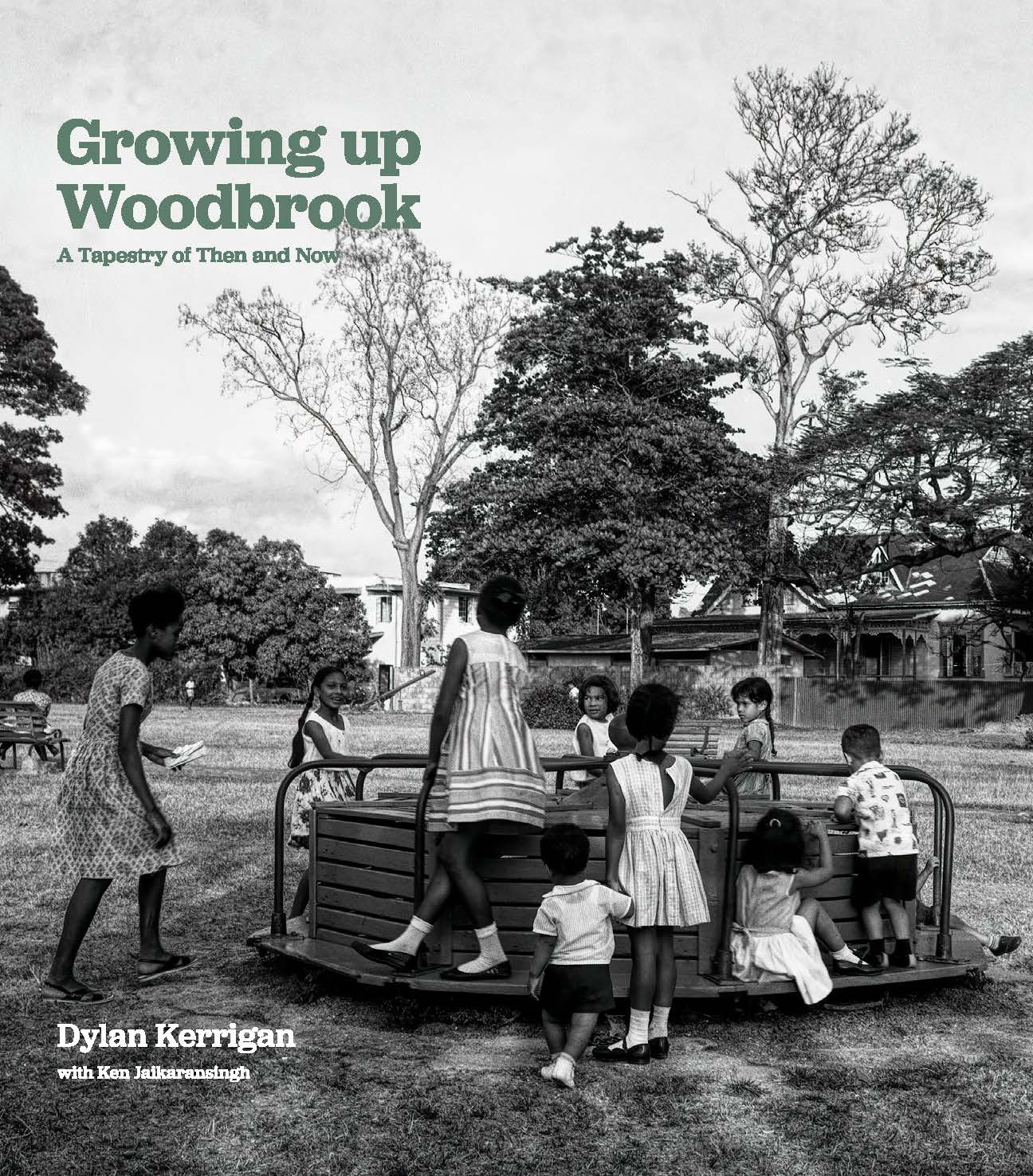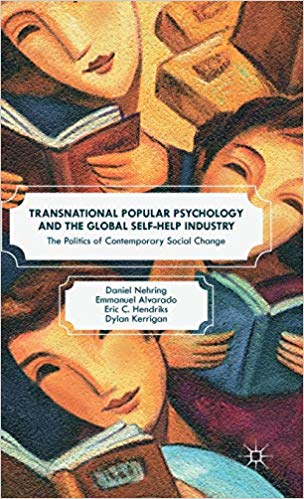Growing Up Woodbrook – A Tapestry of Then and Now: An Amazing Square Mile in History (2022)
NOW AVAILBLE
Growing Up Woodbrook – A Tapestry of Then and Now unfolds across 12 chapters. These include stories of migration; the role of women in Woodbrook; a short sociology of the area; the golden era of Carnival; heritage tourism and the creative industries; sporting life in Woodbrook; and in the last two chapters, a living memory of Woodbrook from the words of many current and former residents, and a final heroes’ gallery of many outstanding Woodbrook residents who contributed to the national development of TT.
Growing Up Woodbrook – A Tapestry of Then and Now unfolds across 12 chapters. These include stories of migration; the role of women in Woodbrook; a short sociology of the area; the golden era of Carnival; heritage tourism and the creative industries; sporting life in Woodbrook; and in the last two chapters, a living memory of Woodbrook from the words of many current and former residents, and a final heroes’ gallery of many outstanding Woodbrook residents who contributed to the national development of TT.
.An additional podcast series that explores the historical and cultural evolution of the iconic community of Woodbrook is also available on Youtube. The series was created, research and hosted by my colleague and Woodbrook daughter, Cecile George, who also contributed to the book with other members of the Woodbrook Resdients Committee
In addition, Melanie Archer, the designer of the book itself and its fabulous layout, recently won a Silver ADDY for Book Design (2023) award for her work. Please see the details here
In addition, Melanie Archer, the designer of the book itself and its fabulous layout, recently won a Silver ADDY for Book Design (2023) award for her work. Please see the details here
Imagining Society. The Case for Sociology (2020)

Sociology matters more than ever for the insights and knowledge it yields into personal, social and political life today. But what are some of those insights? How is sociological knowledge produced? And why is the question of how we imagine society today, more important then ever?
Re-examining C.Wright Mills’ legacy as a jumping off point, this original introduction to sociology illuminates for students, armchair sociologists and fans of the social sciences global concepts, themes and practices that are fundamental to the discipline. It makes a case for the importance of developing a sociological imagination and provides the steps for how readers can do that.
The unique text:
This is a lively, engaging and accessible overview of sociology for all its students, teachers and people who want to learn more about sociology today. It is a welcome clarion call for sociology’s importance in public life.
Re-examining C.Wright Mills’ legacy as a jumping off point, this original introduction to sociology illuminates for students, armchair sociologists and fans of the social sciences global concepts, themes and practices that are fundamental to the discipline. It makes a case for the importance of developing a sociological imagination and provides the steps for how readers can do that.
The unique text:
- Offers succinct and wide-ranging coverage of many of the most important themes and concepts taught in first year sociology courses
- Has a global framework and case material which engages with decoloniality and critiques an overly white, western and developed world view of sociology
- Is woven through with contemporary examples, from social media to social inequality, big data to the self-help industry
- Rethinks and re-imagines what a critically committed, politically engaged and publicly relevant sociology should look like in the 21st century
This is a lively, engaging and accessible overview of sociology for all its students, teachers and people who want to learn more about sociology today. It is a welcome clarion call for sociology’s importance in public life.
Popular Psychology and the Sociocultural Organisation of Intimate Life (2019)This book builds a fresh perspective on therapeutic narratives of intimate life. Focusing on the question of how popular psychology organises everyday experiences of intimacy, its argument is grounded in qualitative research in Trinidad in the Anglophone Caribbean.
Against the backdrop of Trinidad’s colonial and postcolonial history, the authors map the development of therapeutic institutions and popular therapeutic practices and explore how transnationally mobile, commercial forms of popular psychology, mostly originating in the Global North, have taken root in Trinidadian society through online social networks, self-help books, and other media. In this sense, the book adds to social research on the transnational spread of a digital attention economy and its participation in the proliferation of popular psychological discourse. Drawing on in-depth interviews with self-help readers, the book considers how popular psychology organises their everyday experiences of intimate life. It argues that the proliferation of self-help media contributes to the psychologisation of intimate relationships and obscures the social dimensions of intimacy in terms of gender, race, ethnicity, and other social structures and inequalities. At the same time, the book draws on anthropological arguments about the colonisation of consciousness in the Global South to interpret the insertion of transnationally mobile popular psychology into Trinidadian society. An innovative contribution to scholarship on therapeutic cultures, which explores the widely under-researched dissemination of popular psychology in the Global South, the book adds to a sociological understanding of the ways in which therapeutic narratives of self and intimate relationships come to be incorporated into everyday experience. As such, it will appeal to scholars of cultural studies, anthropology, and the sociology of gender, sexuality, families, and personal life. |
Transnational Popular Psychology and the Global Self-Help Industry. The Politics of Contemporary Social Change (2016)Self-help books aim to empower their readers and deliver happiness and personal fulfilment but do they really live up to this? This book offers a fresh perspective on self-help culture and popular psychology. Research on this subject matter has generally focused on the USA and the Global Northwest. In contrast, this book explores the production, circulation and consumption of self-help books from an innovative transnational perspective. Case studies on Trinidad, Mexico, the People's Republic of China, the UK and the USA explore the roles which self-help's therapeutic narratives of self and social relationships play in the contemporary world. In this context, the book questions the extent to which self-help fulfils its promise of individual autonomy and contentment. At the same time, it addresses debates about contemporary political change under transnational processes of cultural standardization.
|


